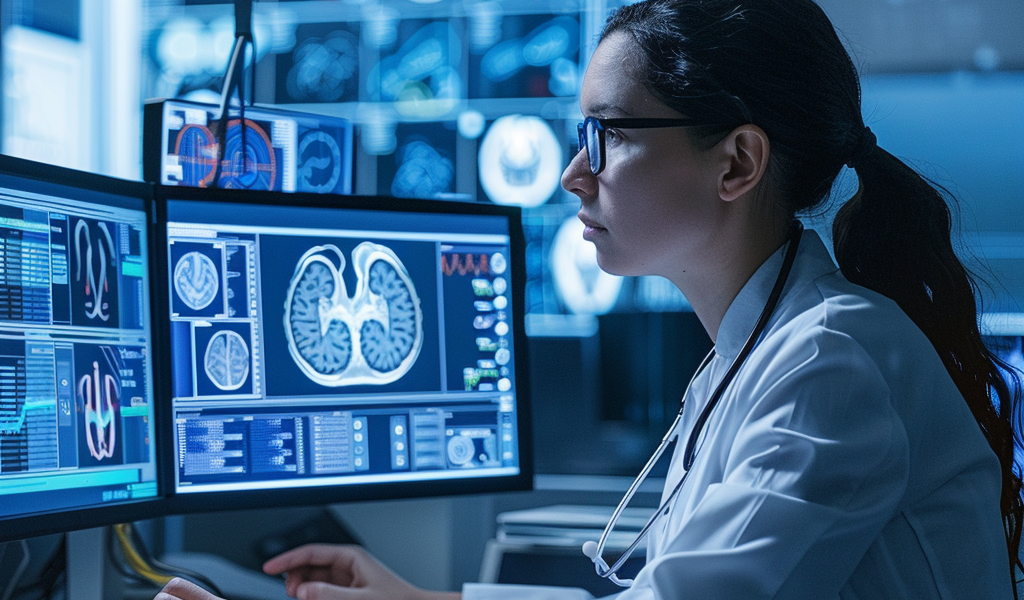The Role of Artificial Intelligence in Early Diagnosis of Sepsis and Critical Conditions in Healthcare
Artificial intelligence (AI) is increasingly seen as a crucial tool in the field of medicine, with the potential to significantly improve early diagnosis and patient outcomes. Recent data has revealed that 1 in 3 Americans who pass away in a hospital setting had sepsis, highlighting the urgent need for advancements in this area.
The integration of AI into medical practice is gaining traction, with many experts recognizing its potential to revolutionize the healthcare industry. The use of AI in early diagnosis, particularly in identifying conditions such as sepsis, has the capacity to save lives and enhance the quality of patient care.
By leveraging AI technology, healthcare professionals can access advanced diagnostic capabilities that enable them to detect sepsis and other critical conditions at an earlier stage. This early detection can lead to more timely interventions, ultimately improving patient outcomes and reducing mortality rates.
Furthermore, AI has the capacity to streamline and enhance the diagnostic process, allowing for more accurate and efficient identification of sepsis. This can result in faster initiation of appropriate treatments, potentially preventing the progression of the condition to a more severe state.
As the healthcare industry continues to embrace technological innovations, the role of AI in early diagnosis is becoming increasingly prominent. The potential benefits of AI in improving the detection and management of sepsis and other critical conditions underscore the importance of ongoing advancements in this field.





